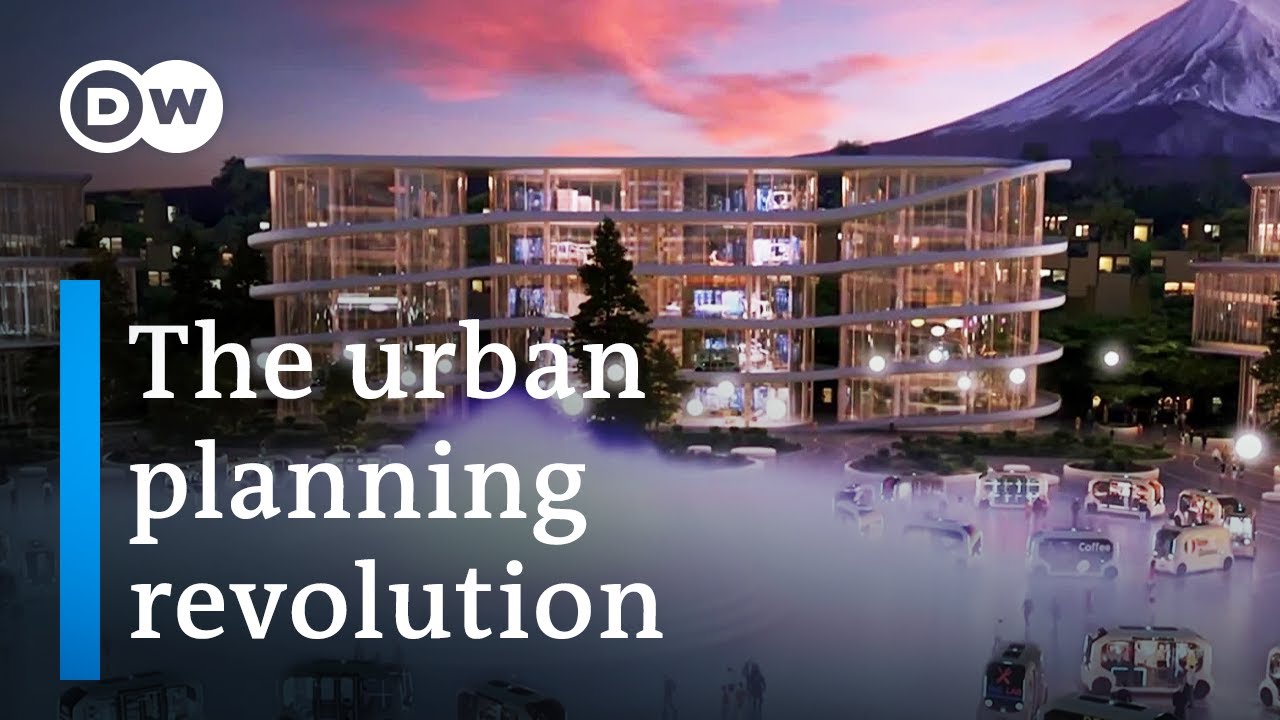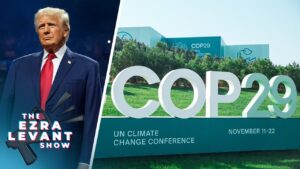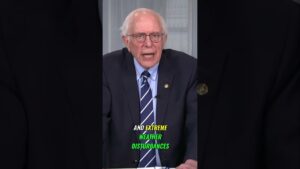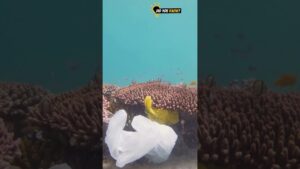
Will the cities of the future be climate neutral? Might they also be able to actively filter carbon dioxide out of the air? Futurologist Vincente Guallarte thinks so. In fact, he says, our cities will soon be able to absorb CO2, just like trees do.
To accomplish this, Guallarte wants to bring sustainable industries and agriculture to our urban centers, with greenhouses atop every building. But in order for Guallarte’s proposal to work, he says, cities will have learn to submit to the laws and principles of nature.
Urban planners also have big plans for our energy supply. In the future, countries like Germany could become energy producers. In Esslingen am Neckar, residents are working on producing green hydrogen in homes, to be used as fuel for trucks. It’s a project that‘s breaking new ground, says investor Manfred Norbert.
Our future cities will be all about redefining a new normal. Architects and urban planners are expecting to see entirely new approaches to communal living, as well as new urban concepts for autonomous supply chains. The repurposing of old buildings, and the generation of food as well as energy, are other important topics.
The architect Arno Brandhuber thinks the current building stock available, and the possibilities it offers, have been underestimated. His spectacular business headquarters are located in an old silo in Berlin’s Lichtenberg district. His most provocative project, something he calls his “Anti-villa,” is a repurposed East German factory for cotton knitwear. It‘s a prime example of sustainable design.
#documentary #dwdocumentary #architecture #urban #urbanplanning
______
DW Documentary gives you knowledge beyond the headlines. Watch top documentaries from German broadcasters and international production companies. Meet intriguing people, travel to distant lands, get a look behind the complexities of daily life and build a deeper understanding of current affairs and global events. Subscribe and explore the world around you with DW Documentary.
Subscribe to:
⮞ DW Documentary (English): https://www.youtube.com/dwdocumentary
⮞ DW Documental (Spanish): https://www.youtube.com/dwdocumental
⮞ DW Documentary وثائقية دي دبليو (Arabic): https://www.youtube.com/dwdocarabia
⮞ DW Doku (German): https://www.youtube.com/dwdoku
⮞ DW Documentary हिन्दी (Hindi): https://www.youtube.com/dwdochindi
For more visit: http://www.dw.com/en/tv/docfilm/s-3610
Follow DW Documentary on Instagram: https://www.instagram.com/dwdocumentary/
Follow DW Documental on Facebook: https://www.facebook.com/dwdocumental
We kindly ask viewers to read and stick to the DW netiquette policy on our channel: https://p.dw.com/p/MF1G
source







Every "future living" project ever has always ended up being a time capsule of its time.
Communal laundry and car share is a really good idea.
The only problem is that there is often no accountability and someone always abusing the system.
You could not get me to ride on shared scooters or bicycles as they are, now.
When architects start to plan the future, be afraid.
@2:36 wow the editing used rewind for this effect lol (see car moving-Tenet like)
Cities in the future will be housing many less people. With the crash in the population which has already well underway, you will find cramming people into small itty bitty places will result in small families and no one in the future to do any work. Remember it takes family's to have 2.3 children to just hold your population level. Can't do that in small cramped apartments.
Barcelona sucks
Urban Planning = New URSS – Never Working
Imaging the Floating Cities in the skies
bro sniffed the wood 10:57
This is a pretty bad take on the issue. And nowhere does it say that the architecture must be beautiful and human friendly, nestled in good urbanism, for people to not demolish it in 20 years.
Many of these stupid ideas are simply waste of money and resources.
Did they just cobble together promotional videos for some famous architects and a plan for a privately owned city by Toyota?
Where are the trains? Give us trains.
Please for the love of all this holy, make architecture beautiful again.
More trains , sidewalks, bus lanes , bicycles, bicycle lanes , more green space and much less cars .
We figured out how to build cities thousands of years ago, there's no need to reinvent it
El futuro esta en nuetras manos . Y no en las manos dos que manejan el falso futuro, Estados Unidos, el mercado, las 5 majores bigtecs, google, yputube, facebook, amaZon, Microsoft?
Why are all the cameras spying on us necessary in these future cities?
it can be seen like a ligth and playful brainstorming.
Narration is awful cant watch
11:35 Found Gru
que bonito, pequenas ilhas altamente tecnológicas e sustentaveis restritas à parcela mais rica da população mundial. Enquanto isso, o resto do mundo vira uma grande "zona de sacrifício", de outro modo como fariam para extrair o litio indispensável à existência dessas cidades do futuro?
Nao ha futuro possivel sem a superação do capitalismo.
Re-upload without dramatic music, then I'll watch it. I mean, without any music at all. So far, big dislike for the soundtrack.
As a planner, a problem with this video is that they do not really define what exactly planning is in this context. I'm assuming integrated development planning? If so they've not addressed affordability (not well), culture, economics (not well), as well as the management of politics, people, and power relations; which is a crucial aspect of planning.
It should be noted, that Urban Design is not exactly planning, though is close to master planning which is displayed in this video. Utopianism visions are great, they inspire us to think about what we could achieve and strive to be better. I particularly love the idea of building with nature and resources inherent to the local area that was mentioned….. However, a direct 1:1 of a utopian vision often comes with numerous costs (either economically, socio-culturally, or environmentally) or all in implementation.
The city isn't a Western concept. I didn't get the sense of a global perspective on urban planning. There is a tragic lack of diversity for a documentary aimed at a global audience.
We need more charming, walkable towns – in harmony with nature. Just not the AI "Smart" cities that track and spy on everyone everywhere.
We have to change the design of our cities… and what do we see in this video?
Pedestrians get a 'nice winding' path. Sorry but pedestrians use human energy and need the most efficient paths through a city, not amusing, curvy, up and down, waste of energy. Let car drivers perform as ballerina's, but they get a straight road… though they do not have to pay with muscle energy.
Urban design is NOT about the houses, but about the city in which they are situated. Not saying the people in this video are good or bad, but have nothing to do with urban planning.
I have this persistent idea that future cities should be enclosed in stone or metal pyramids. For protection mainly. against nuclear attacks or external enemies trying to spread disease in the city and so on. Pyramid is the most effecient energy shape also.
11:35 Stereotypical pretentious scarf, check.
23:21 Hideous. Ever notice architects often don't live in the "homes" they design?
Honestly I couldn’t get past the point where at first the architect talks about the need for repurposing standing buildings to reduce emissions while the next cut is to egomaniacal corporations building new cities on a green field. I stopped watching, this isn’t the way forward, even further decline from our natural essence, but providing VR waterfalls (assuming the real ones are cemented over)…
Pure snobbery from architects who pretend to be disruptive artists. Urban planning requires so many perspectives that reducing it to the architectural view alone is, to say the least, naive.
Can we please also say environment and the damage we’re doing in many ways (not just carbon) vs solely the more political term climate. Let’s hope future energy will be truly clean and respect choice and privacy. Edit: How does destroying more old growth trees and green space (ecosystems) help? Recycle, reuse and incr zero waste? Incentivize community food gardens and home ones incl smart cities? All would cut down on corp damage and pollution no?